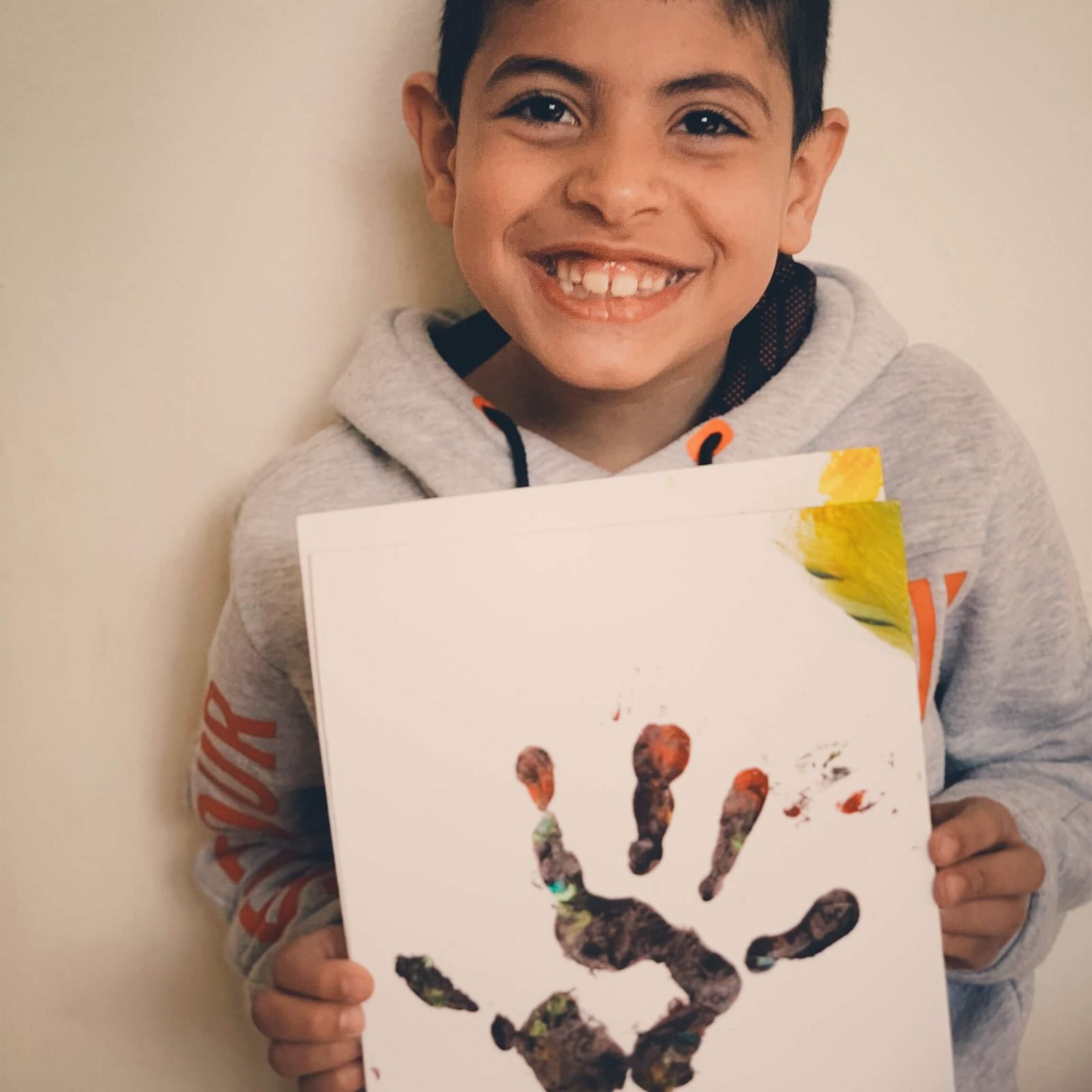For the first few decades of her life, Aliyah experienced a cruel cycle of abuse and harm from those closest to her. She didn’t know what it was like to have a healthy relationship—until she broke that cycle and discovered the Savoir that she’d been looking for all along.

1 – Right from the Start
the diminished role of women in Islam
Aliyah’s abuse began at a very young age—in fact, she was born into it. Her family were traditional Sunni Muslims from Syria who physically and emotionally abused Aliyah and her siblings.
Their strict religion prevented the family from questioning authority. Despite that, Aliyah’s curiosity drove her to ask questions, like ‘why she had to wear a hijab’—the traditional Islamic women’s head covering.
At 15, Aliyah pled to God for a way out. She found escape in the form of marriage, but that only led her out of the frying pan and into the fire.
As a wife, her new life wasn’t much different from her old one. Aliyah’s husband beat her and would often imprison her in the house. They had two children together, but her husband eventually divorced her and fled with their two kids.
2 – New Marriage
same problems
Despite the trauma, Aliyah tried to make a life for herself. Eventually, she met a new suitor. He was kind. And he was a Christian. Aliyah knew nothing about Christianity, but she was curious to discover more. Plus, the idea of a new marriage and a new religion gave Aliyah a spark of hope for the future.
So, Aliyah married for a second time—this time in secret. But it wasn’t long before the new relationship began to unravel, too.
Aliyah learned that her new husband’s faith was little more than pretense. He was a nominal believer who knew little more about Christianity than she did. And he was just as dangerous as her first husband.
When she became pregnant with his child, he commanded that she get an abortion. He even tried to poison her to kill the baby. Whatever hope Aliyah had envisioned in her second marriage had completely vanished.

3 – Rescue
seeking refuge
Fearing for the life of her unborn child, Aliyah fled to a nearby monastery. Unfortunately, this orthodox church turned on Aliyah, too. When they discovered that she was a Muslim married to a Christian, they kicked her out of the monastery and forced her to retreat home to her second husband.
A few months later, when their son was born, her husband refused to claim the child—preventing Aliyah from obtaining a birth certificate for the boy.
This was perhaps the lowest, darkest point in Aliyah’s life. She lost all hope, and in her desperation, Aliyah attempted to take her own life. Thankfully, God was not done with her, and hope for a better future would soon return.
4 – Restore
refuge found
In 2017, Aliyah left Syria with her son, Malik. They fled over the mountains into neighboring Lebanon, where they applied for—and were granted—asylum. She even obtained a birth certificate for Malik.
Initially, life in Lebanon was difficult—they moved from house to house, with no friends and little money. But at least Aliyah had broken the cycle of abusive relationships that had plagued her throughout her life.
Freedom was one of her few, but most precious possessions.
Then Aliyah met a Help The Persecuted team member, who took her to a women’s retreat in Lebanon. At the retreat, Aliyah finally began to unpack Christianity. She learned about Jesus and how He rescues the lost.
During the conference, Aliyah dedicated her life to Christ and was baptized. Inspired by God’s grace, she forgave her family and ex-husbands who had caused her so much physical harm, anguish and doubt. With her past fully behind her, she was ready to move toward a new, Jesus-centered, life.

5 – Rebuild
a new life
Aliyah is now 42 and lives in a small town in Lebanon. She works as a hairdresser to support herself and her son.
Once forced to cover her head with a hijab, she now is able to find simple beauty in styling her hair.
Eight-year-old Malik needs special classes to make up for the time he missed in school. For a single mother, the classes are extremely expensive, but Help The Persecuted was able to cover his tuition.
Together, mother and son attend an evangelical. Their life is certainly not easy, but it’s much more hopeful than the one they left behind.
